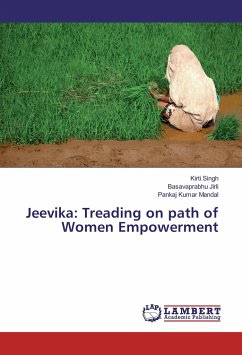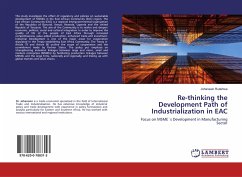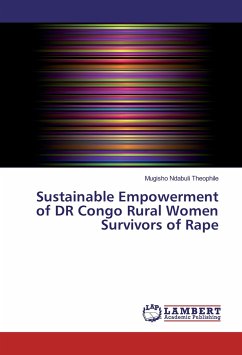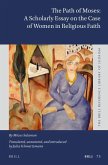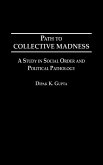The rural poverty situation in India is highly complex and greatly differentiated by geography, demography and social class. Bihar is one of the poorest and most populous states in India. The share of employment in agriculture and allied activities is 68.9 percent in Bihar. This study is attempting to undertake a micro level analysis of collected data to assess the various activities carried out by jeevika project in Muraul Block of Muzaffarpur District of Bihar. Study reveals before the project majority of the respondents were engaged in livelihood interventions like agriculture (87.5%) and dairy (87.5%) followed by poultry (16.2%) but after joining Jeevika along with agriculture, dairy and poultry some of the respondents started practicing bee keeping (10%). after joining the project among the respondents who were engaged in agriculture started practicing modern techniques such as SRI (7.8% respondents), SWI (10.7%respondents), SCI (9.2%respondents), Zero budget natural farming(6.4%respondents) and Organic farming (5.7% respondents) due to information and motivation provided from the project staff for better livelihood interventions.
Bitte wählen Sie Ihr Anliegen aus.
Rechnungen
Retourenschein anfordern
Bestellstatus
Storno

